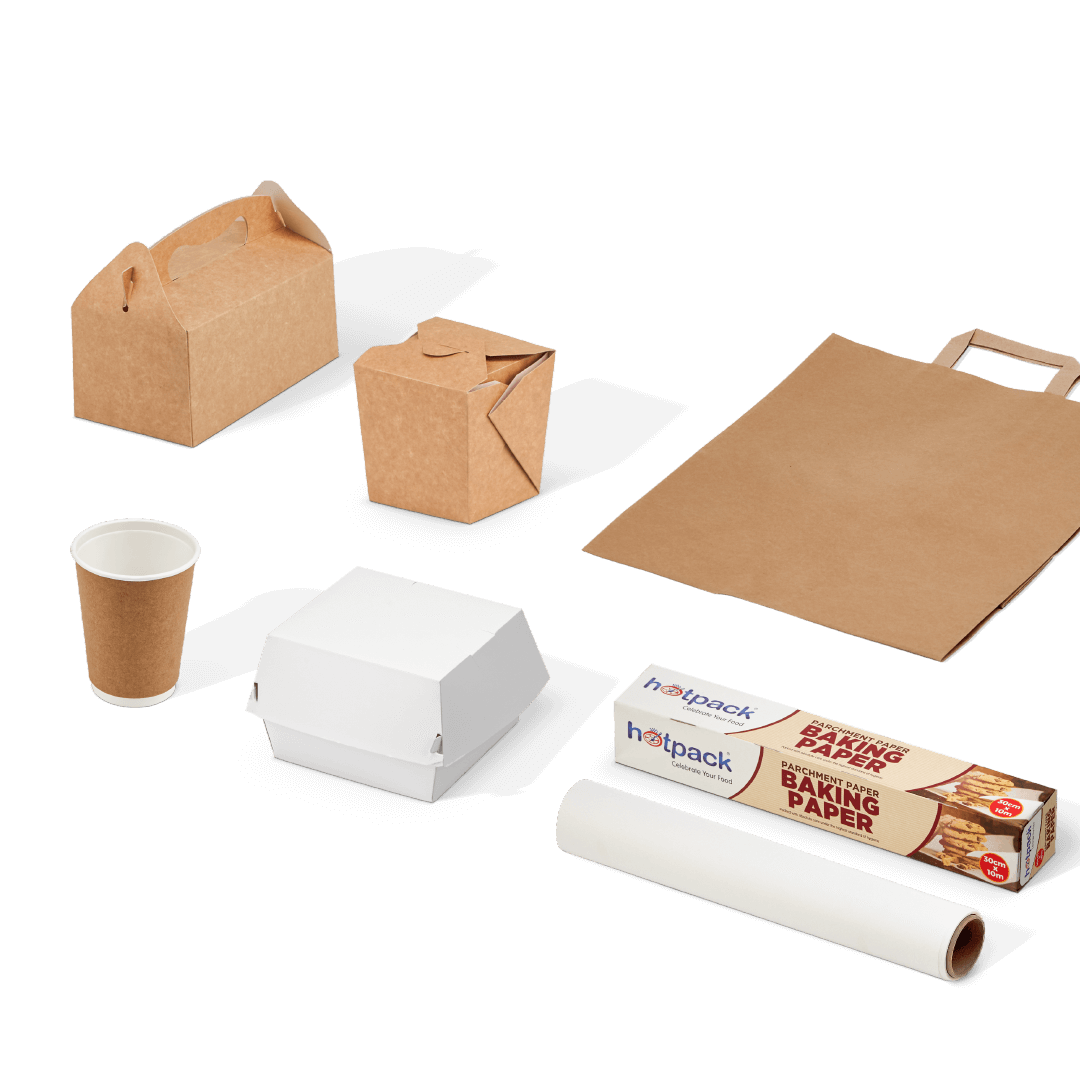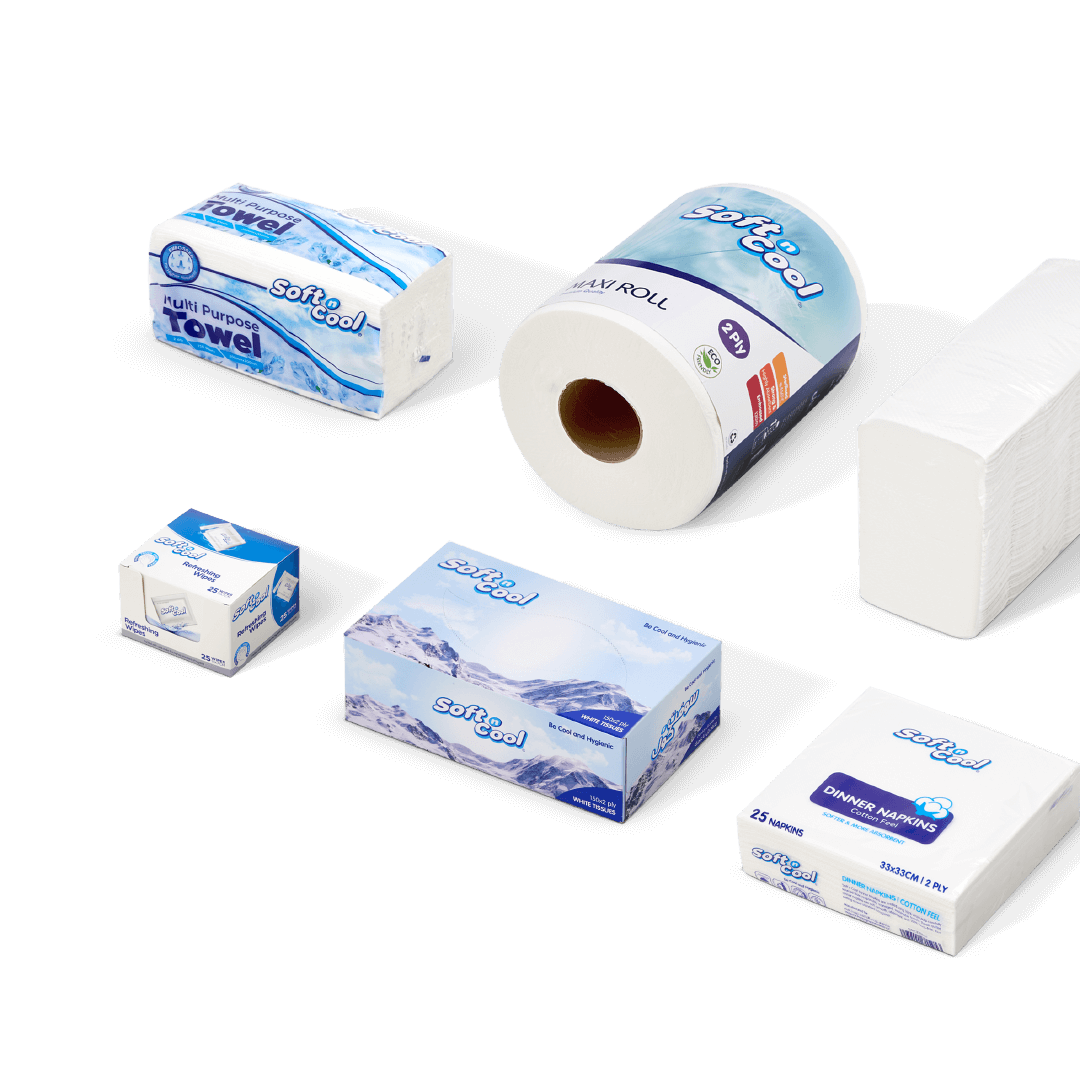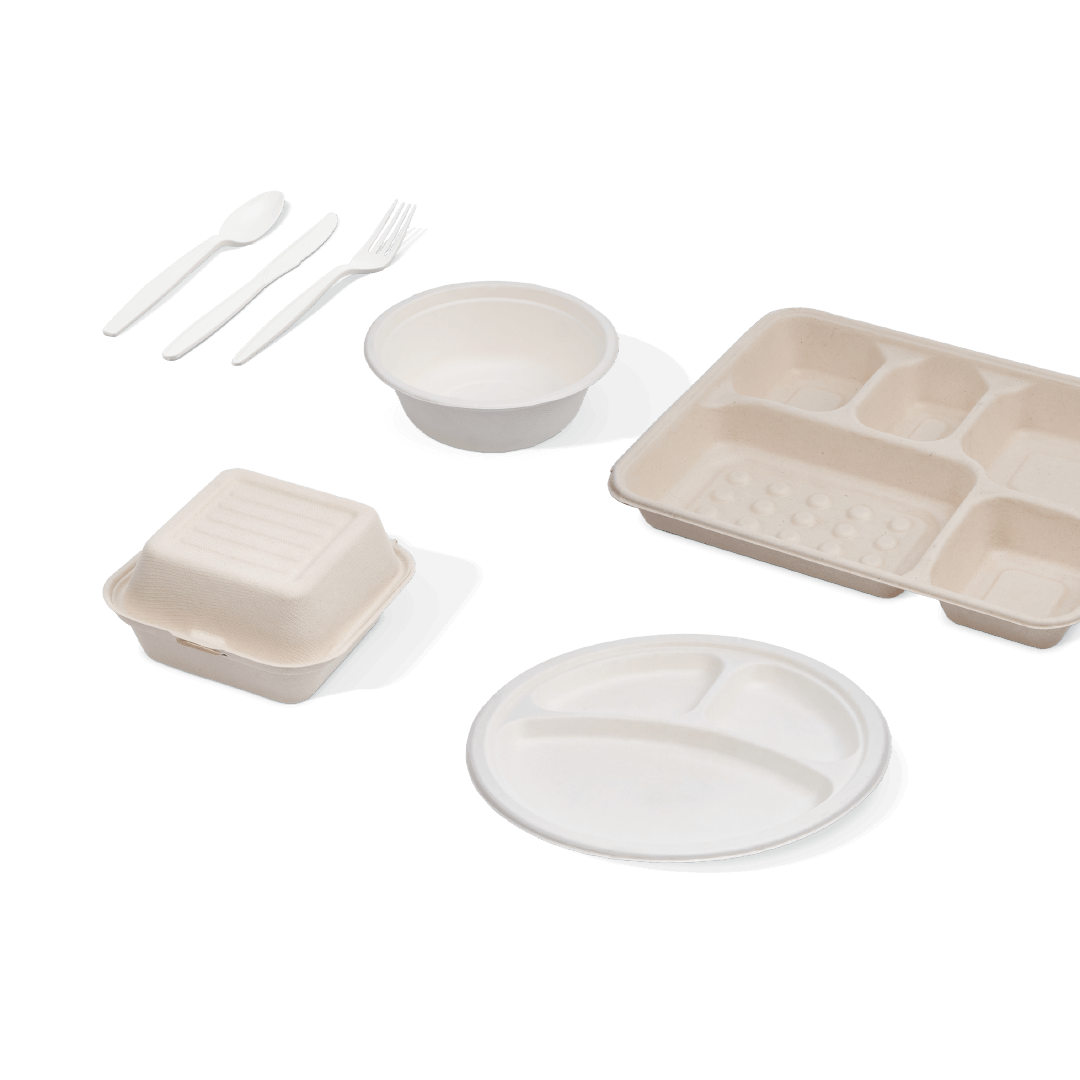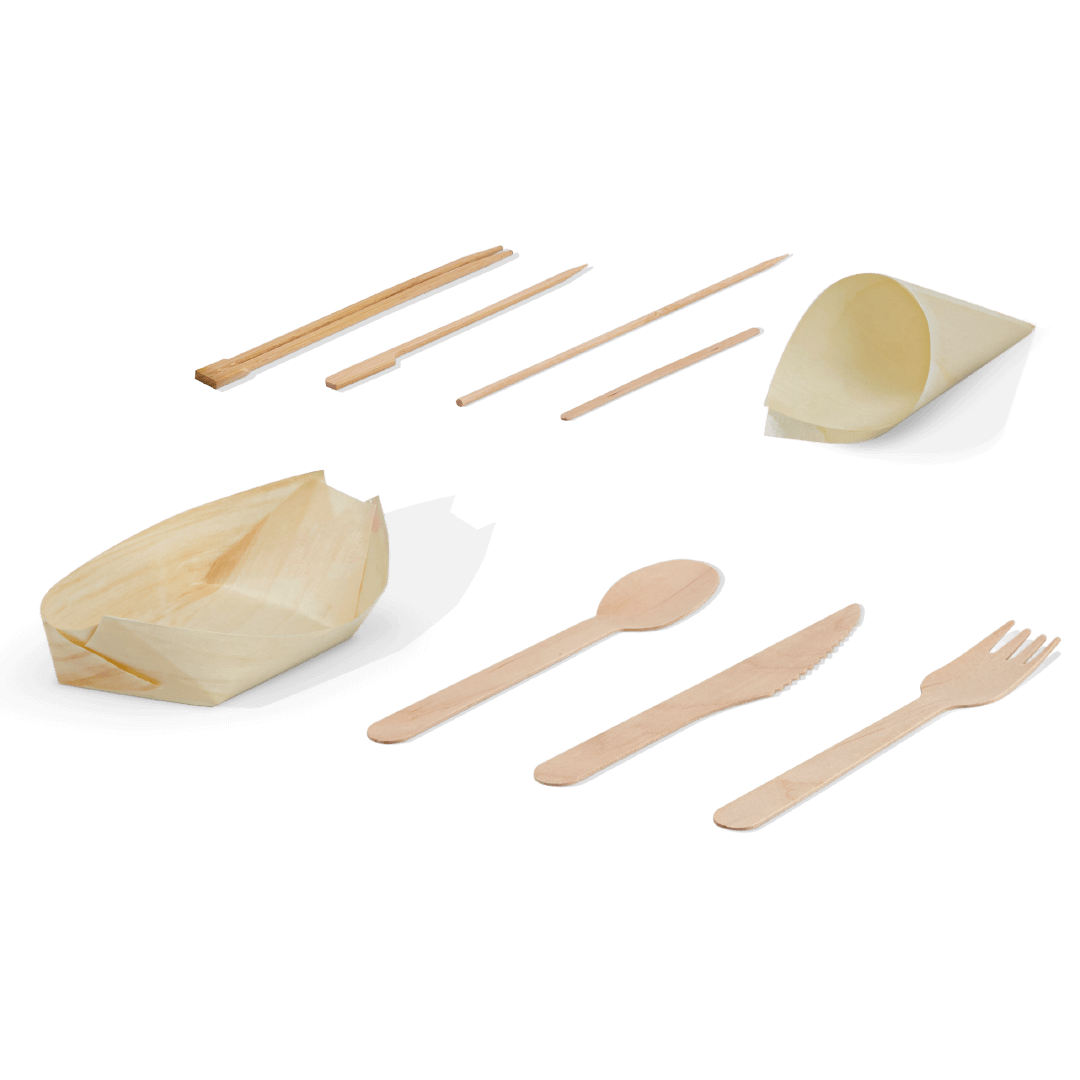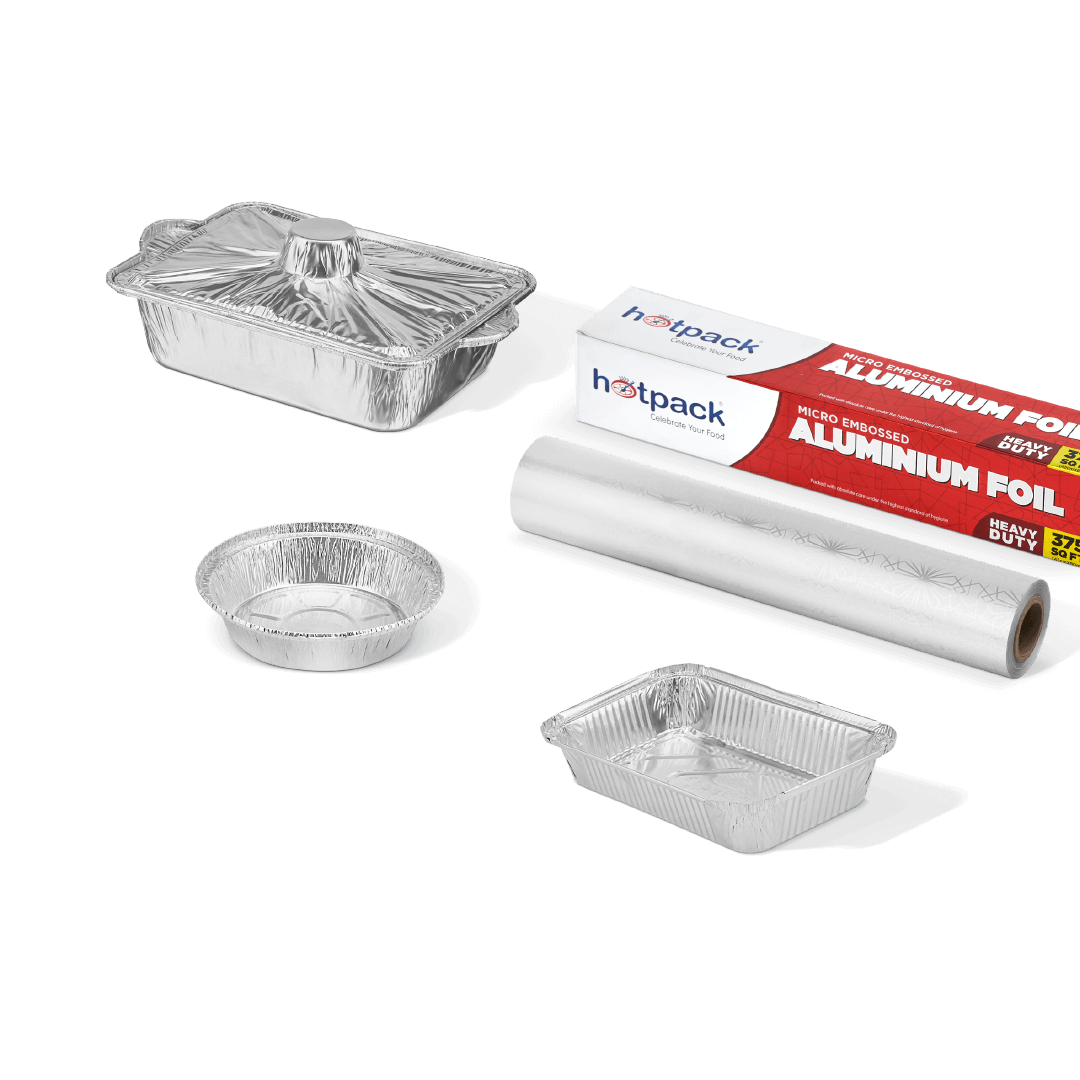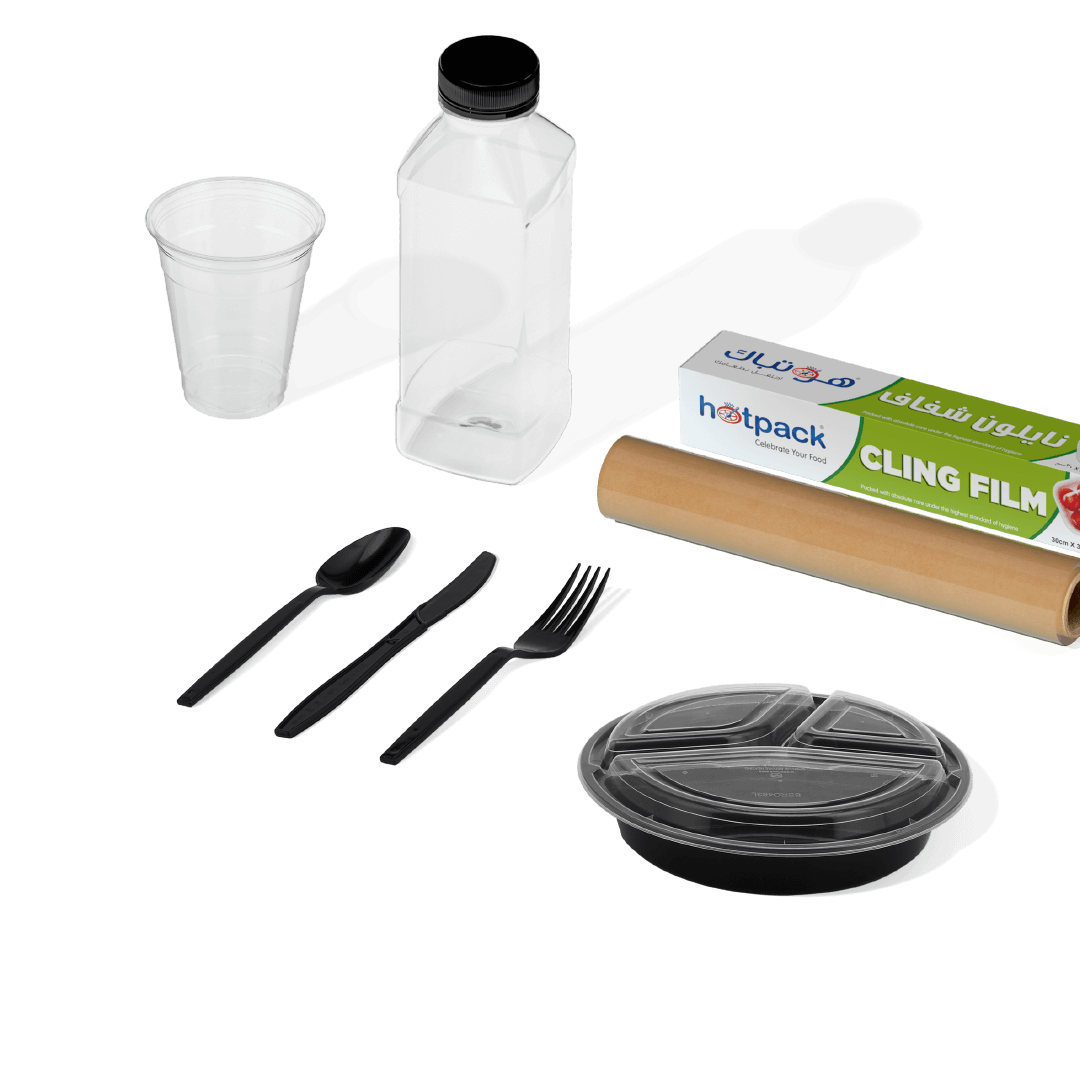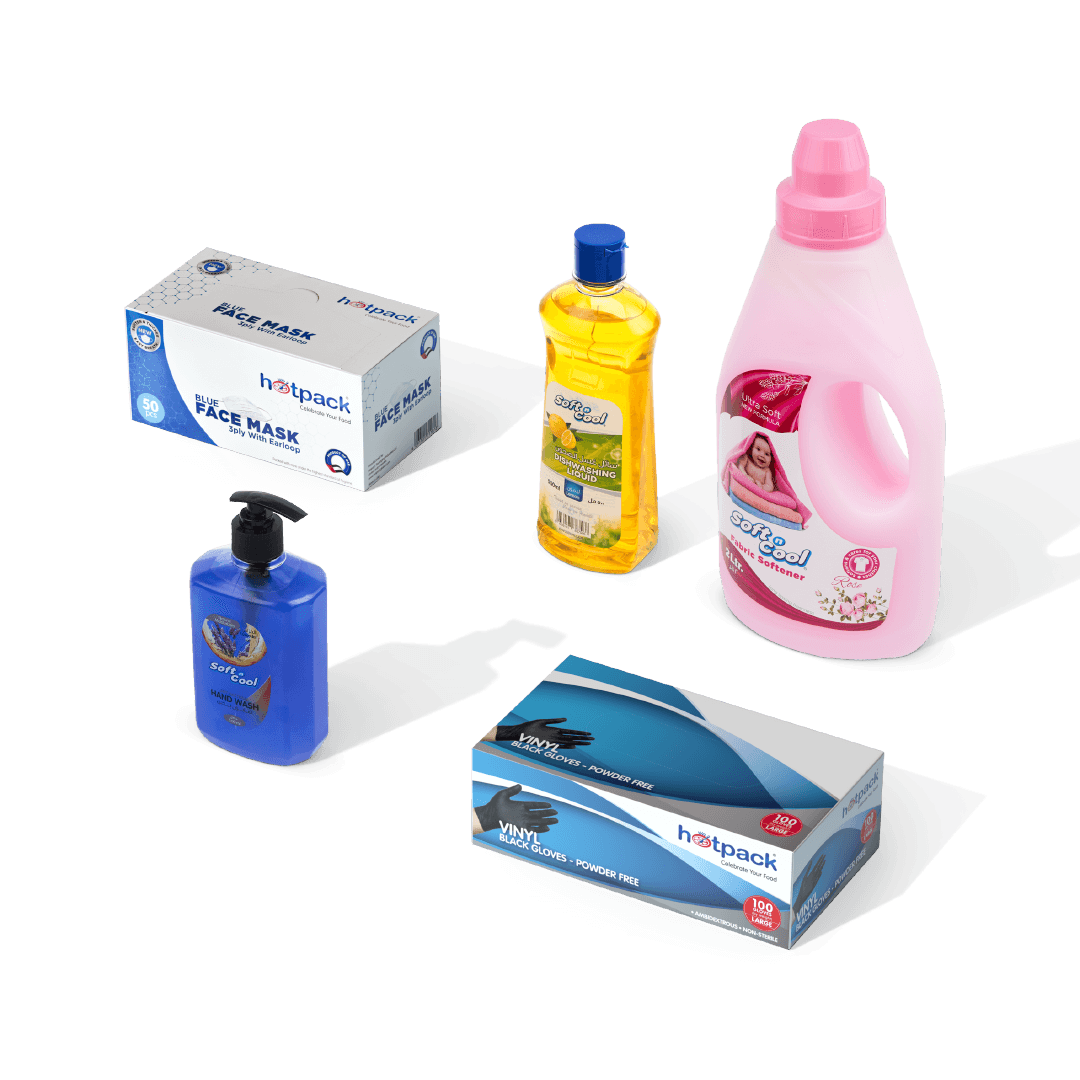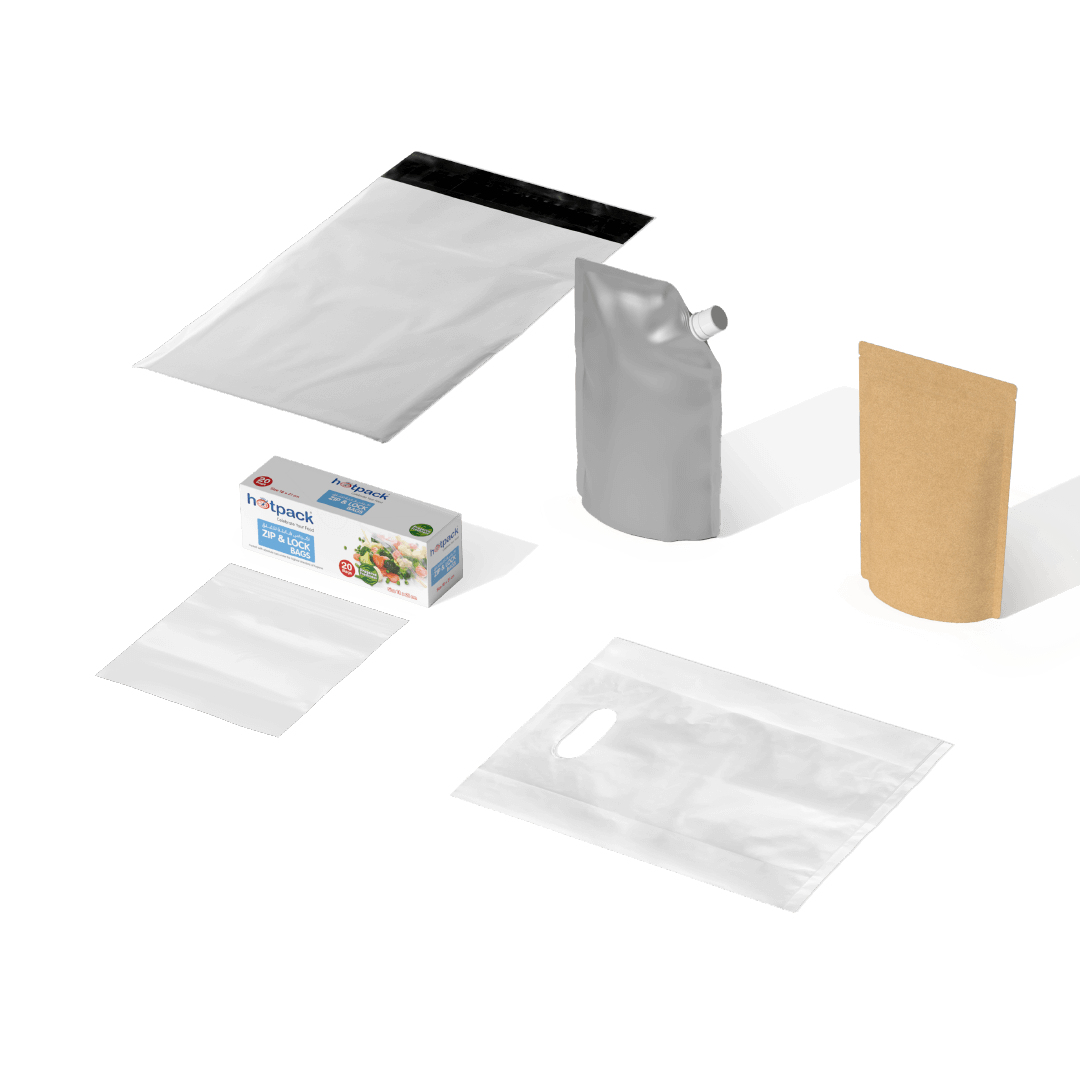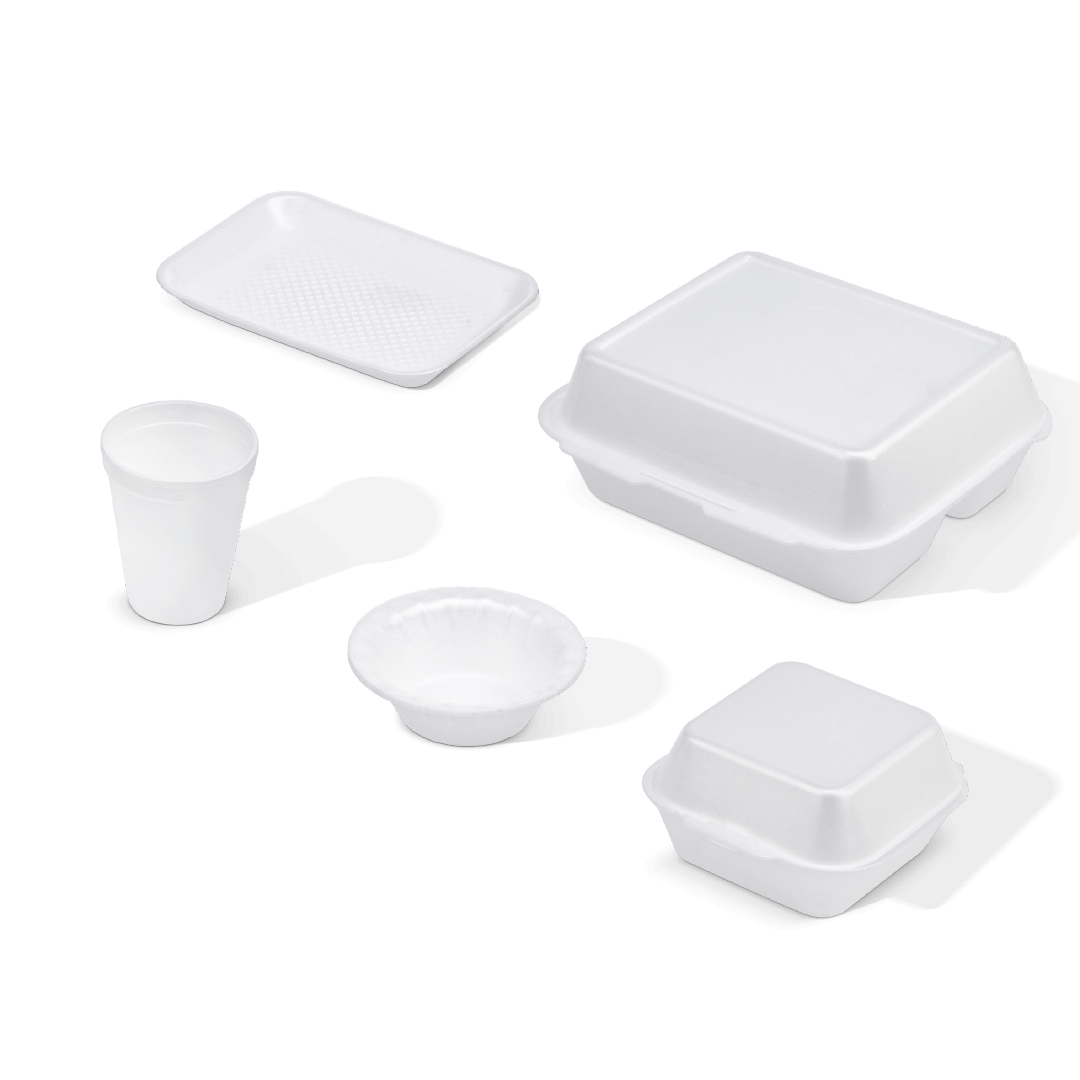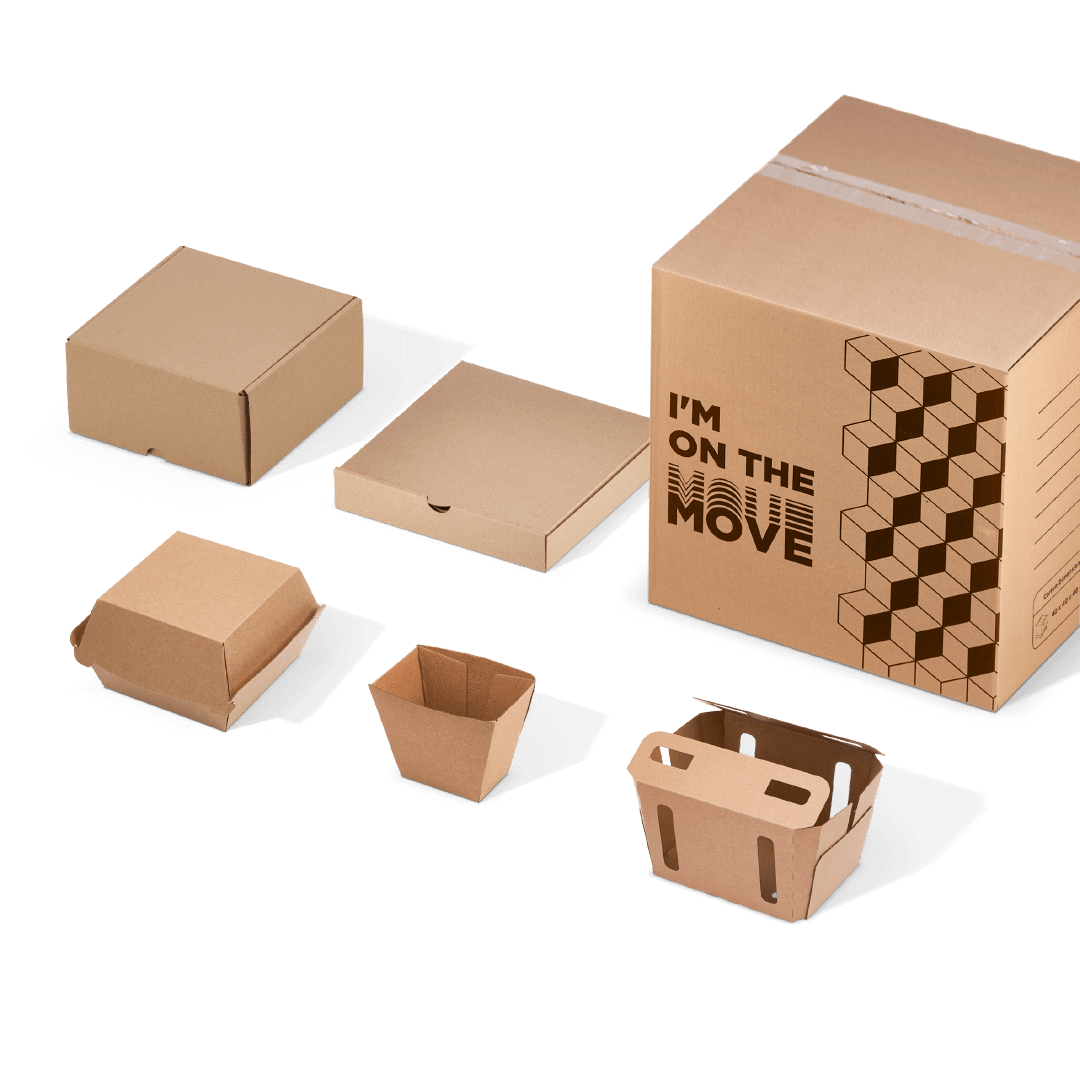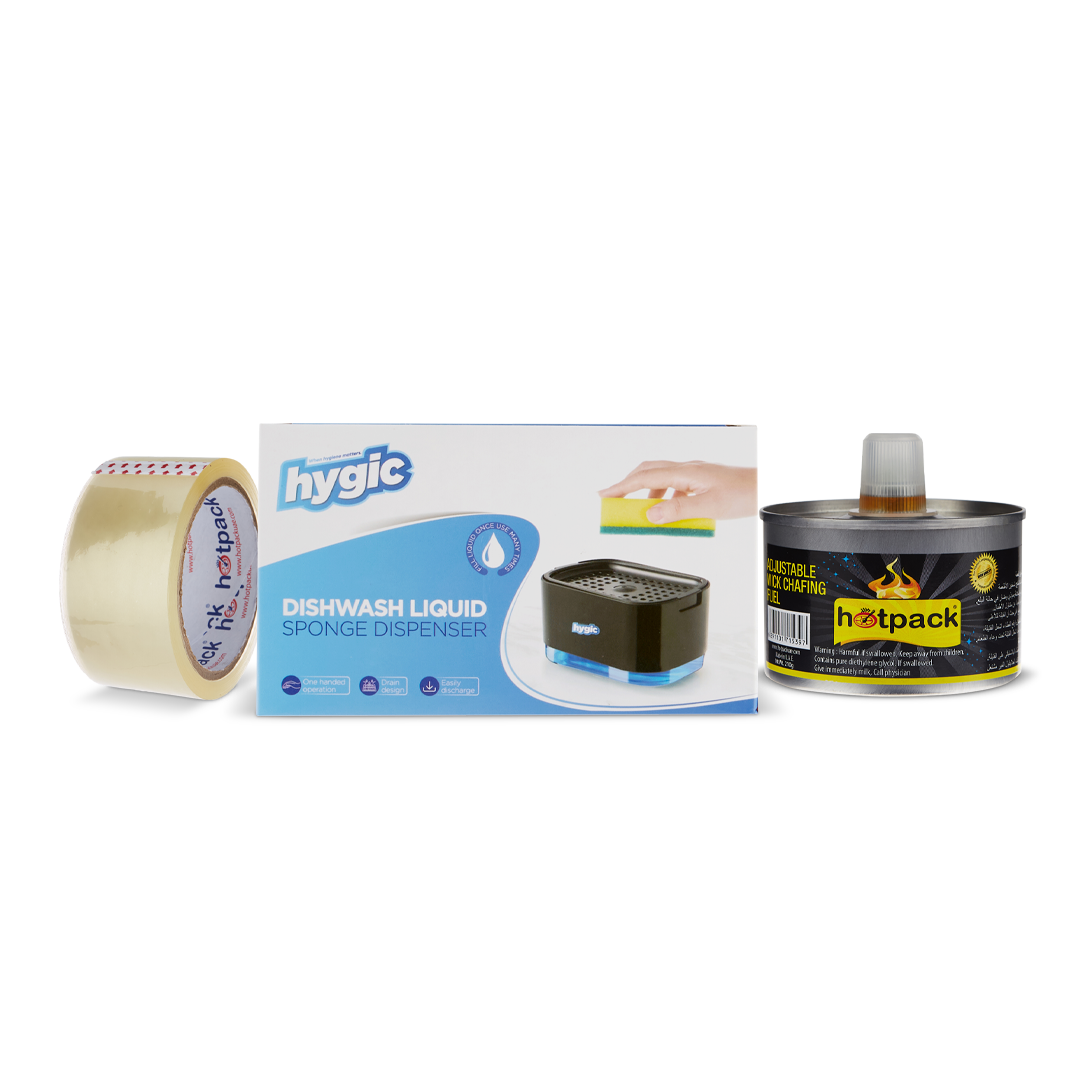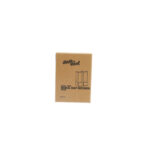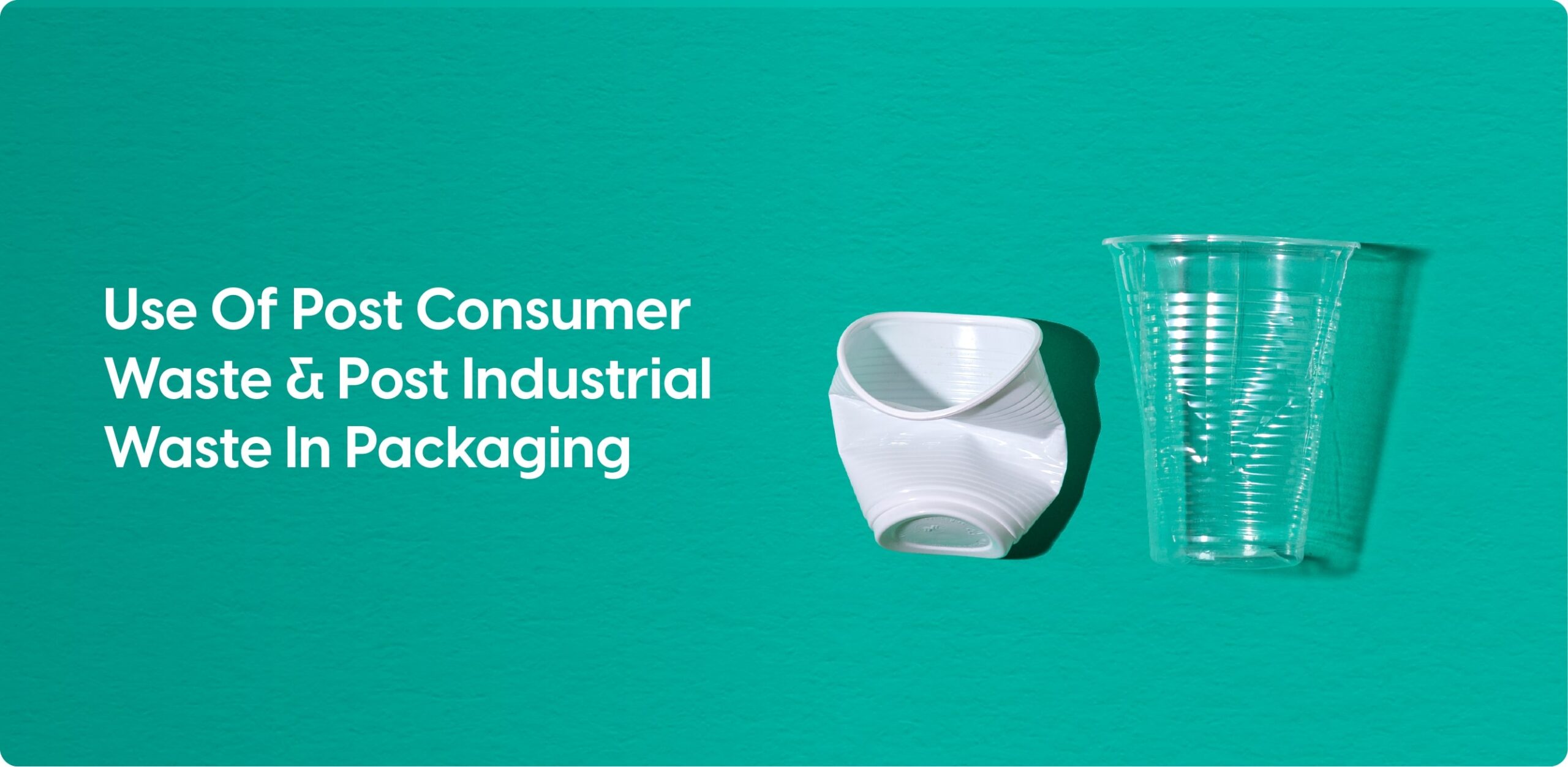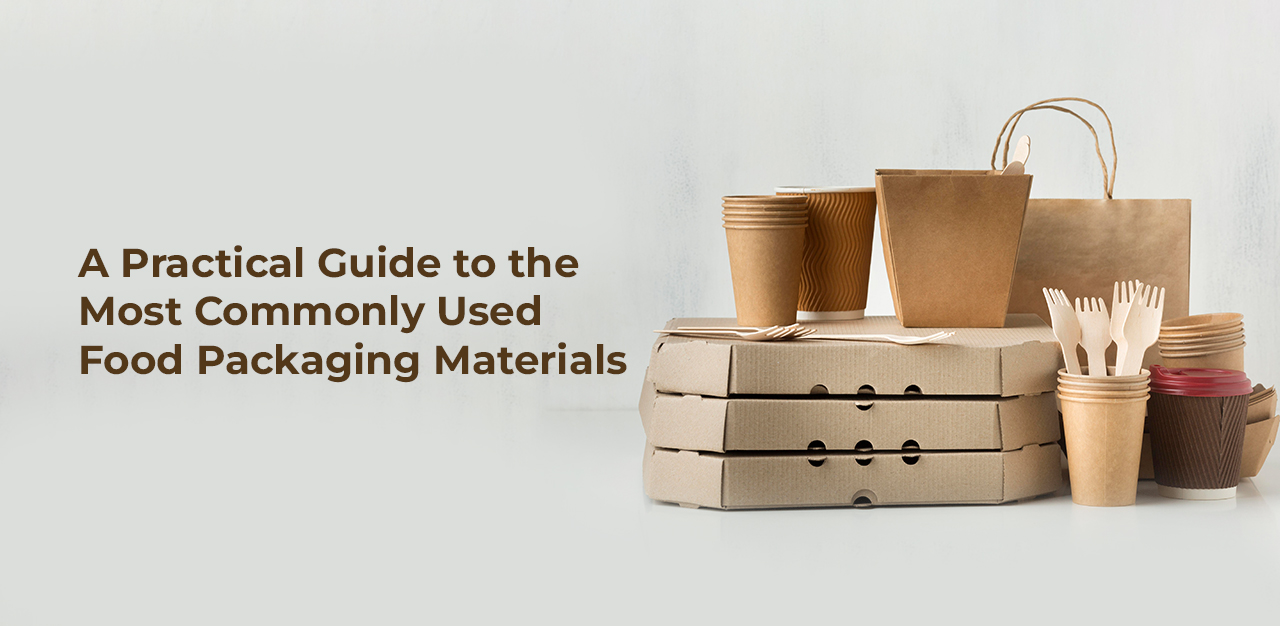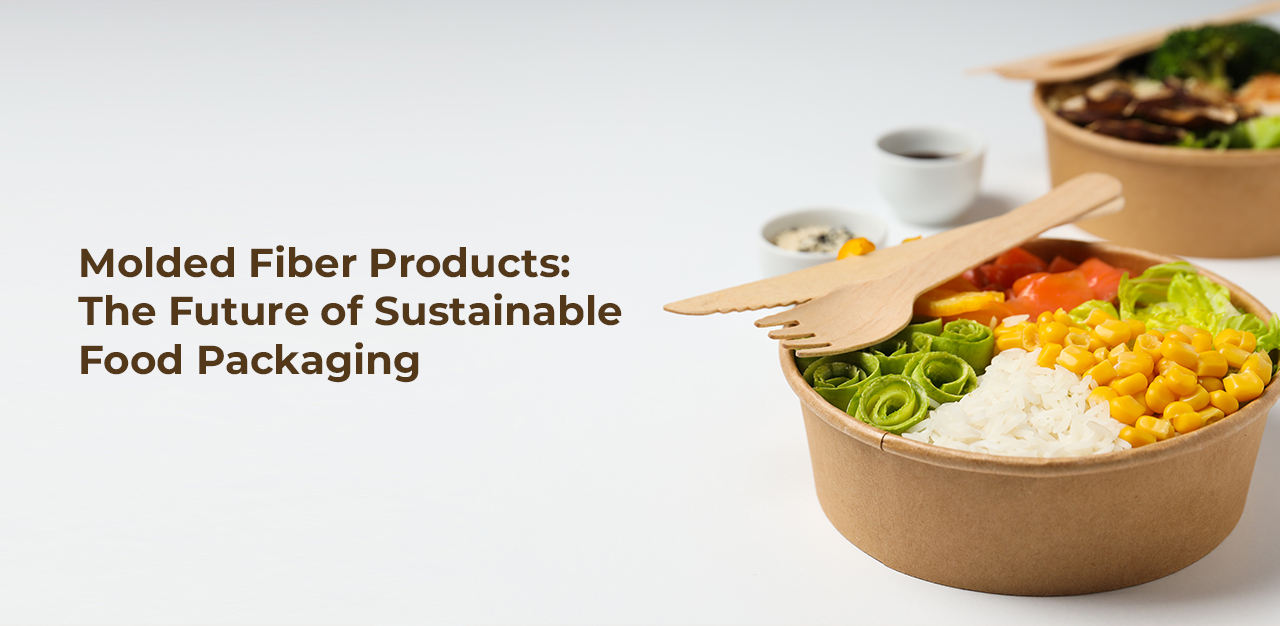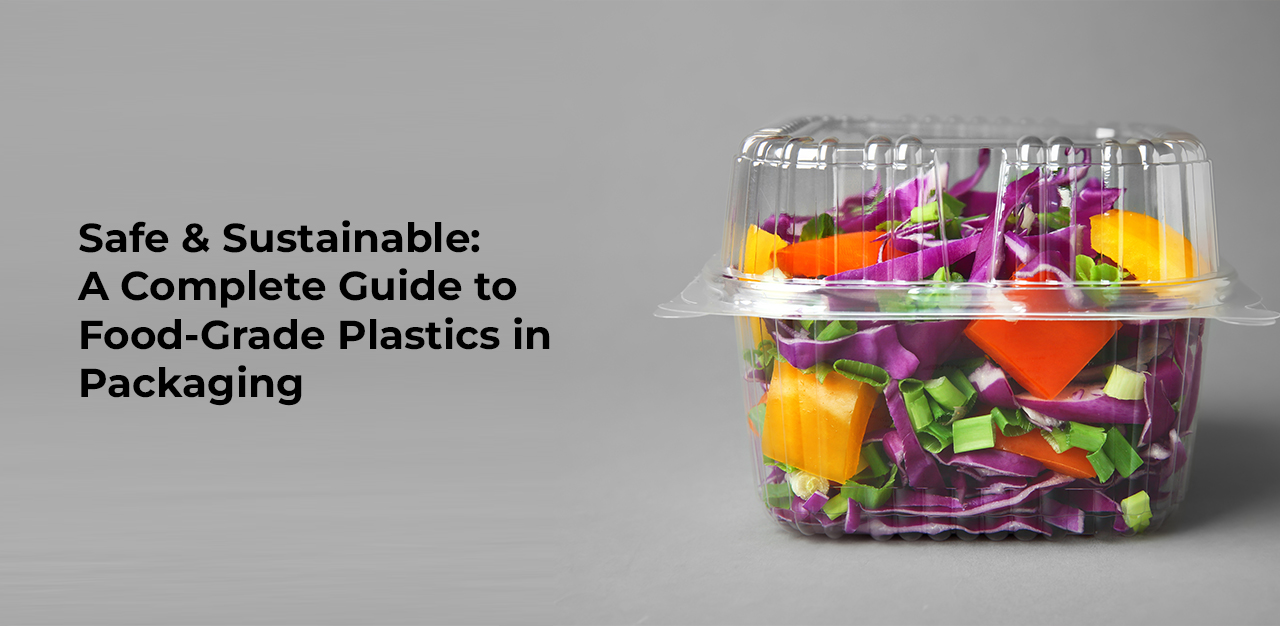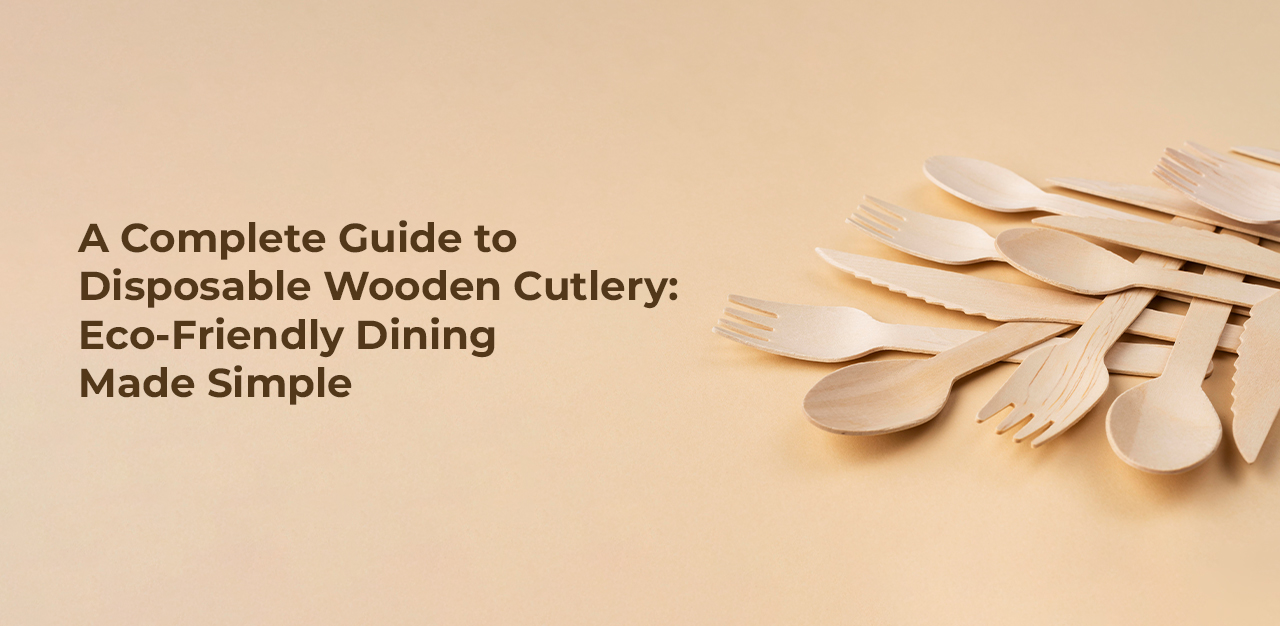In a world where environmental consciousness is paramount, businesses must prioritize sustainability in their operations. One powerful way to do this is by embracing the use of post-consumer waste (“PCW” or more commonly termed “PCR”) and post-industrial waste (“PIW” or “PIR”) in packaging. At Hotpack, we’re committed to leading the charge towards a greener future, and one of our key strategies is incorporating PCR and PIR into our packaging solutions.
At Hotpack, we have made great strides in terms of our PIR output. Our ‘zero landfill’ policy means that all of our post-industrial waste is carefully collected and recycled internally or by approved third-party recyclers. The vast majority of our PIR waste is used, once again in the factory, to produce the same, high quality food safe goods.
Understanding PCW and PIW in Packaging
Post-Consumer Waste/Refuse (PCW/PCR) refers to materials that have served their intended purpose as consumer products and have been discarded or recycled. Common examples include used beverage containers, newspapers, and cardboard packaging. PCW is collected, sorted, and processed to create recycled materials that can be used in new products.
Post-Industrial Waste/Refuse (PIW/PIR), on the other hand, consists of materials and byproducts generated during the manufacturing and production processes. These materials may not have reached consumers but are still valuable resources that can be repurposed.
The Environmental Imperative
The use of PCR and PIR in packaging is a game-changer for several reasons:
Resource Conservation: Incorporating recycled materials conserves valuable natural resources, such as energy and water, while reducing the need for raw materials.
Waste Reduction: It keeps waste out of landfills and oceans, contributing to a cleaner and healthier environment.
Energy Savings: Producing packaging from recycled materials consumes less energy compared to manufacturing from virgin resources, leading to reduced greenhouse gas emissions.
Circular Economy: Embracing PCW and PIW aligns with the principles of a circular economy, where materials are continually reused, repurposed, and recycled.
Regulatory Compliance: Many regions have established regulations and targets for incorporating recycled materials into packaging, making the use of PCR and PIR a necessity for compliance.
Hotpack’s Commitment to Sustainability
At Hotpack, we understand the importance of PCW and PIW in packaging, and we’ve integrated these principles into our core operations:
- Quality Assurance: Our products that incorporate PCR and PIR undergo rigorous testing to ensure they meet all safety and regulatory requirements.
- Recycling Partnerships: We collaborate with recycling partners to source high-quality PCR and PIR materials, thereby reducing the environmental footprint of our products.
- Innovation: Hotpack is dedicated to research and development efforts to enhance the performance and sustainability of packaging solutions that incorporate PCR and PIR.
- Customization: We work closely with our customers to provide tailored packaging solutions that meet their specific needs while emphasizing sustainability.
- Awareness: Hotpack believes in the power of education and actively raises awareness about the benefits of PCR and PIR in packaging within our industry and among consumers.
A Sustainable Future with PCR and PIR
The use of post-consumer waste (PCR) and post-industrial waste (PIR) in packaging isn’t just about adhering to sustainability trends—it’s about securing a brighter, more sustainable future. Businesses that embrace these materials are not only contributing to a healthier planet but are also positioning themselves as responsible leaders in their industries.
Having made such great progress in dealing with our own PIR, Hotpack is now focusing on bringing our technologies and expertise to tackle the challenges of PCR. Key to achieving a closed circular loop in PCR is the education of the population to recognise the importance of these valuable resources and to identify and then dispose of them in a manner which allows them to be easily cleaned and reprocessed so that companies like Hotpack can use them once again. Across our factories, Hotpack has invested heavily in the most advanced machines that can take both PCR and PIR. We are readily able to source PIR from our own factories and similar industries but the next milestone is to increase the availability of clean, food safe PCR for our state of the art production lines. We continue to work with partners and Governments alike, to explore the best options to ensure that waste from end consumers becomes new products once again.
Join us at Hotpack in making a positive impact on the environment and your business. Choose packaging solutions that reflect our shared commitment to a sustainable future—one package at a time.
Make the eco-friendly choice with Hotpack, your partner in sustainable packaging solutions. Together, we can nurture sustainability and create a greener world for generations to come
 UAE
UAE 
